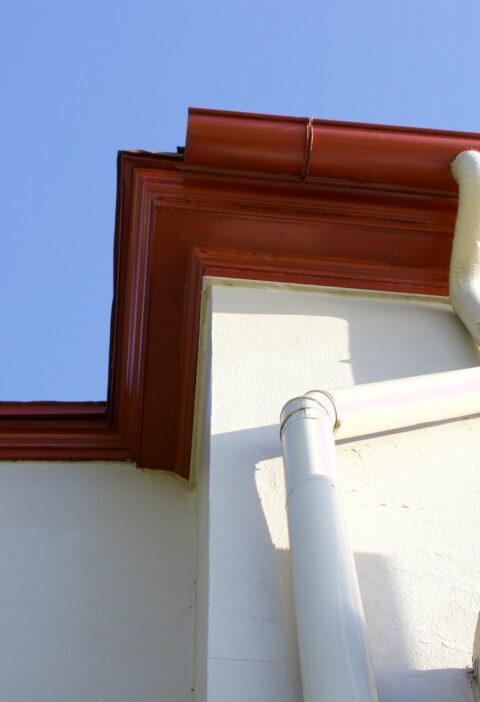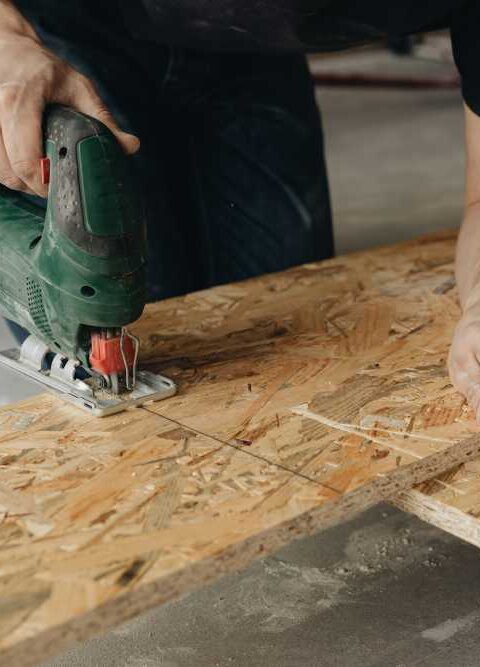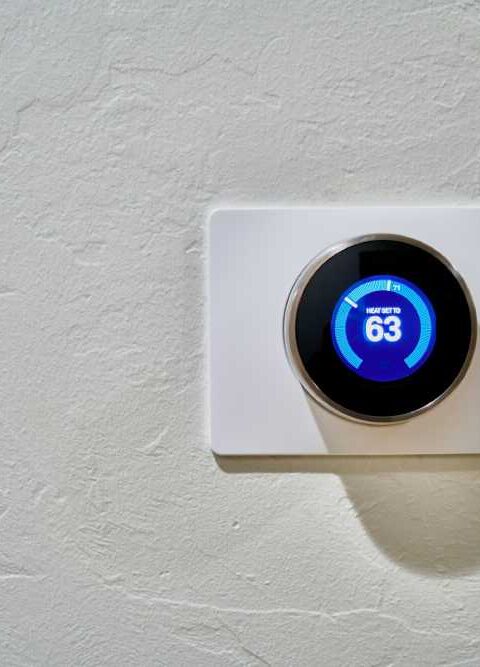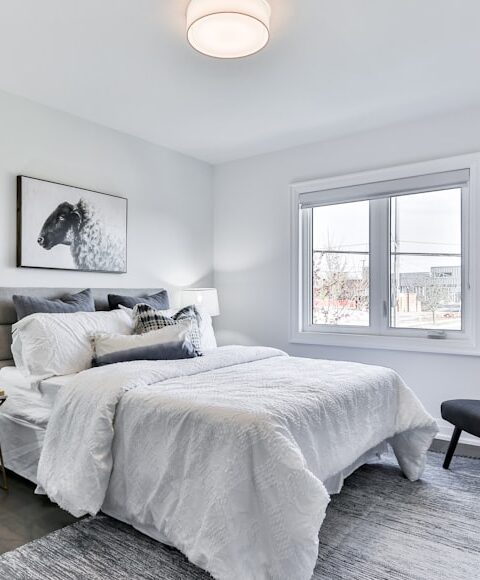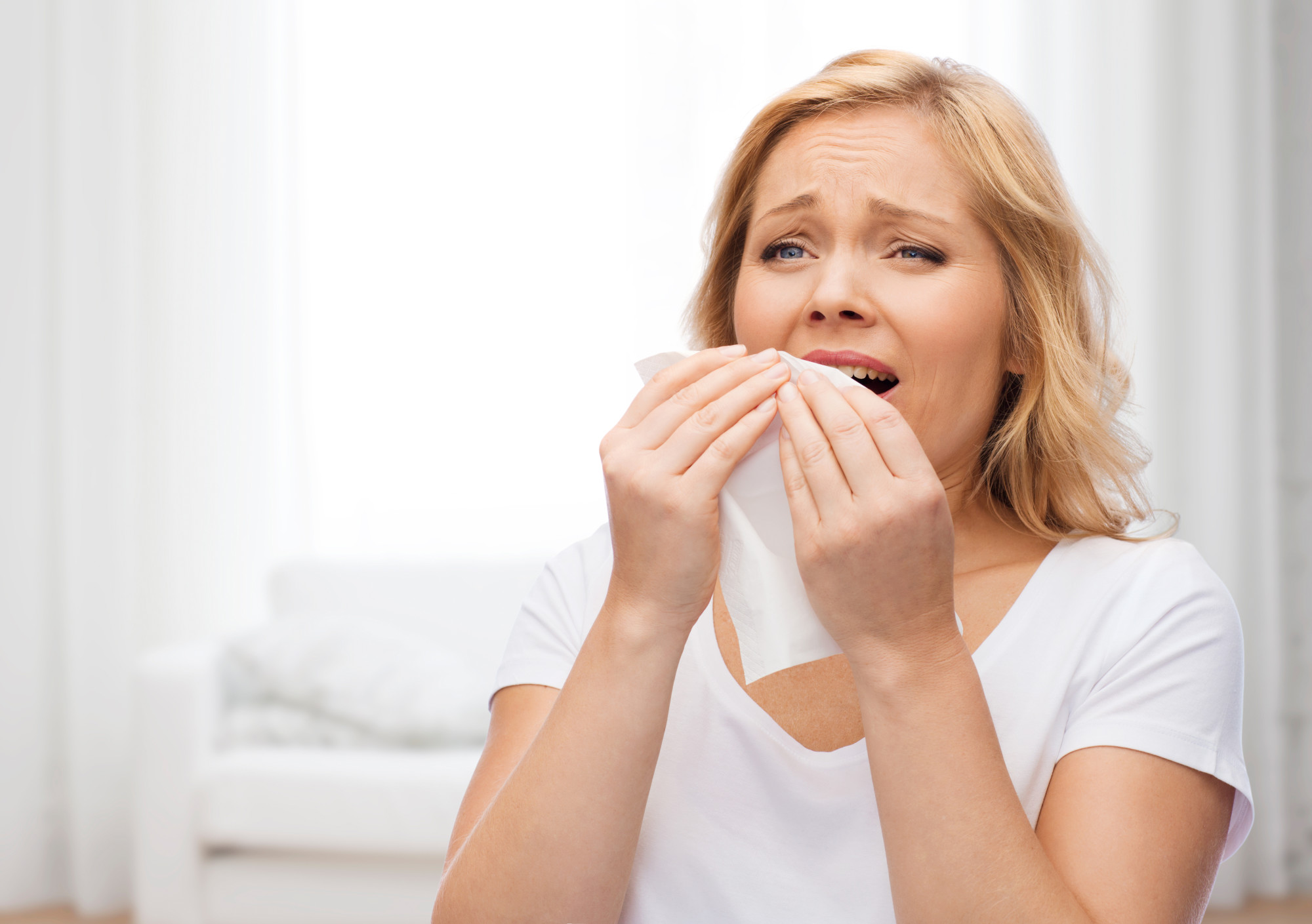As homeowners, we take pride in keeping our homes clean and healthy for our families. However, there may be one aspect of indoor air quality that we often overlook: pests.
Yes, pests can significantly affect your home’s indoor air quality and your family’s health. Let’s see how it works and what you can do to prevent it.
First, why is indoor Air quality important?
Importance of Having Quality Indoor Air
The importance of good indoor air quality cannot be overstated. Poor indoor air quality can lead to a host of health problems, including respiratory issues, allergies, and even cancer.
There are many factors that can contribute to poor indoor air quality, including pollutants such as mold, dust, pests, pet dander, as well as chemicals from household cleaners, building materials, and even air fresheners.
Having good indoor air quality can improve your health and quality of life in a number of ways. For example, it can help to reduce the frequency and severity of allergies and asthma symptoms. It also reduces the risk of developing certain respiratory illnesses, such as bronchitis and pneumonia.
Additionally, good indoor air quality can have a positive impact on your mental health. Studies have shown that exposure to indoor air pollutants can lead to cognitive impairment, mood disorders, and even depression. Conversely, good indoor air quality can improve your mood, increase your productivity, and promote better sleep.
Fortunately, there are things you can do to improve the air quality in your home. For example, you can use air purifiers to filter out pollutants, reduce your use of chemical cleaners and air fresheners, ensure your home is properly ventilated, and fight off pest infestation.
The Impact of Pests on Indoor Air Quality
Pests such as rodents, cockroaches, and bed bugs carry allergens and bacteria that can spread throughout your home’s air. For instance, rodents carry the Hantavirus, which can cause respiratory illness. Bed Bugs leave behind feces, skins, and eggs, which can trigger allergies and asthma symptoms. Cockroaches are known to carry allergens that can cause asthma attacks, especially in children.
In addition to spreading allergens, pests can create an unpleasant odor that can affect your home’s indoor air quality. Mice and rats, for example, produce a distinct musky odor that can be challenging to get rid of. Cockroaches emit a musty smell that can linger long after they’re gone. These odors not only make your home uncomfortable to live in but can also cause respiratory problems.
Furthermore, pests can damage your home’s HVAC system, which can negatively impact indoor air quality. Rodents, for example, can chew through ductwork, leaving holes and gaps that can allow contaminants to enter the air supply. Cockroaches and rodents can also leave behind feces and other debris that can clog air filters, reducing the system’s efficiency and causing it to circulate contaminated air throughout your home.
Preventing Pest Infestations
So, what can you do to prevent pests from impacting your home’s indoor air quality? The first step is to keep your home clean and clutter-free. Pests are attracted to food and moisture, so keeping your kitchen and bathroom clean and dry is a great idea.
That means regularly wiping down countertops and floors, sealing food containers, and fixing any leaks or drips. Also, be sure to keep your trash cans shut and dispose of garbage regularly.
Another way to prevent pests is to seal any cracks or gaps in your home’s exterior. Pests can enter through even the tiniest opening, so it’s essential to inspect your home’s foundation, walls, and roof for any cracks or gaps. Seal these openings with caulk or weather stripping to prevent pests from entering.
Addressing Pest Problems
If you suspect you already have a pest problem, addressing it as soon as possible is crucial. Ignoring the problem will only allow it to get worse, potentially causing more damage to your home and impacting your indoor air quality. Whether it’s a small-scale or full-blown infestation, Terminix pest control solutions may just be what you need. Contact the pest control professional to assess the situation and develop a treatment plan to get rid of the pests safely and effectively.
Maintaining Your HVAC System
Regular HVAC system maintenance is also crucial in preventing pests from affecting indoor air quality. Here are some tips on how to maintain your HVAC system:
- Change Your Air Filters Regularly: The air filter in your HVAC system plays a crucial role in filtering out contaminants from the air. Over time, the air filter can become clogged with dirt, dust, and other debris, reducing its effectiveness. Change your air filters regularly to prevent debris and contaminants from accumulating and potentially causing damage to your system. It’s also advisable to check your manufacturer’s instructions to determine how often you should change your air filters.
- Clean Your Air Ducts: Over time, air ducts can become clogged with dirt, dust, and other debris, reducing the efficiency of your HVAC system and potentially causing damage to it. So you should have your air ducts cleaned regularly to ensure that your system is running efficiently and circulating clean air throughout your home. Hire a professional to clean your air ducts every 2-3 years.
- Schedule Regular HVAC Inspections: Regular HVAC inspections can help prevent problems before they occur. An HVAC technician can inspect your system, identify any potential issues, and make necessary repairs or adjustments to keep your system running smoothly.
- Keep Your Outdoor Unit Clean: The outdoor unit of your HVAC system can become clogged with dirt, leaves, and other debris, reducing its efficiency and potentially causing damage. Keep the area around your outdoor unit clean and clear of debris. Trim any nearby plants or shrubs that may obstruct the unit and clean it with a hose if necessary.
Conclusion
Pests can significantly impact your home’s indoor air quality and your family’s health. But prevention is key, so it’s essential to keep your home clean and clutter-free, seal any cracks or gaps in your home’s exterior, and address any pest problem before it gets out of hand. And don’t forget to maintain your HVAC unit.
By taking these steps, you can prevent pests from becoming a nuisance in your home and keep your indoor air quality as fresh as can be.
Author Bio:
Jessica is a content writer and has been with Outreach Monks for the past two years. She holds four years of experience in writing and generally covers the lifestyle and business niche. Other than that, she aims to impart factual information and updates to her readers regarding the health and wellness industry.



